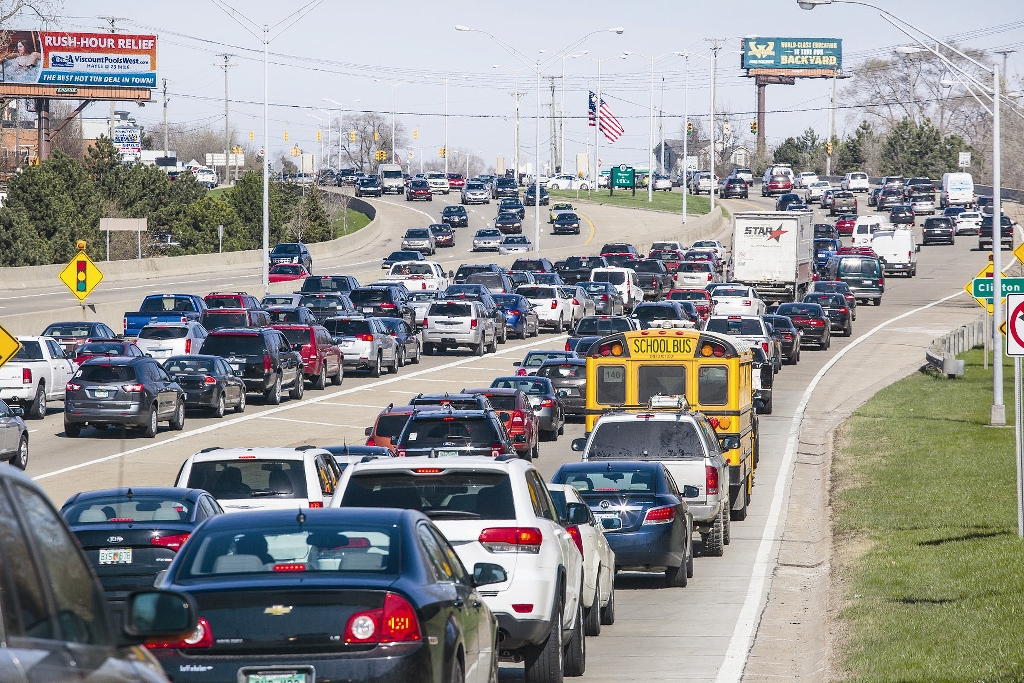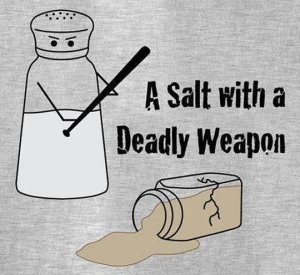
Reckless Driving is a crime, does not require an accident of any kind and is comparable in many respects to a drunk driving
As a policy, our Firm does not use ‘scare tactics’ to get your attention. On the contrary, our aim is to inform our website traffic visitors regarding legal topics in our areas of expertise. In this article, we will provide information regarding the criminal traffic offense of Reckless Driving based upon our experience in the Macomb County District Courts (37th District Court in Warren, 38th District Court in Eastpointe, 39th District Court in Roseville, 40th District Court in St. Clair Shores, 41-A District Court in Sterling Heights and Shelby Township, 41-B District Court in Clinton Township, 42-1 District Court in Romeo, 42-2 District Court in New Baltimore) and explain why it is as serious (see above graph) as a drunk driving – OWI.
Reckless Driving is a six (6) point criminal offense. Six (6) points is the greatest number of points that can be assessed for any traffic or criminal violation within the Michigan Motor Vehicle Code! Other 6 point offenses include Negligent Homicide*, Leaving the Scene of Accident, and Fleeing or Eluding a Police Officer. Reckless Driving carries more points than the offenses of Operating While Visibly Impaired, Drag Racing or the civil infraction of Careless Driving.
 Michigan Criminal Lawyer Blog
Michigan Criminal Lawyer Blog




















